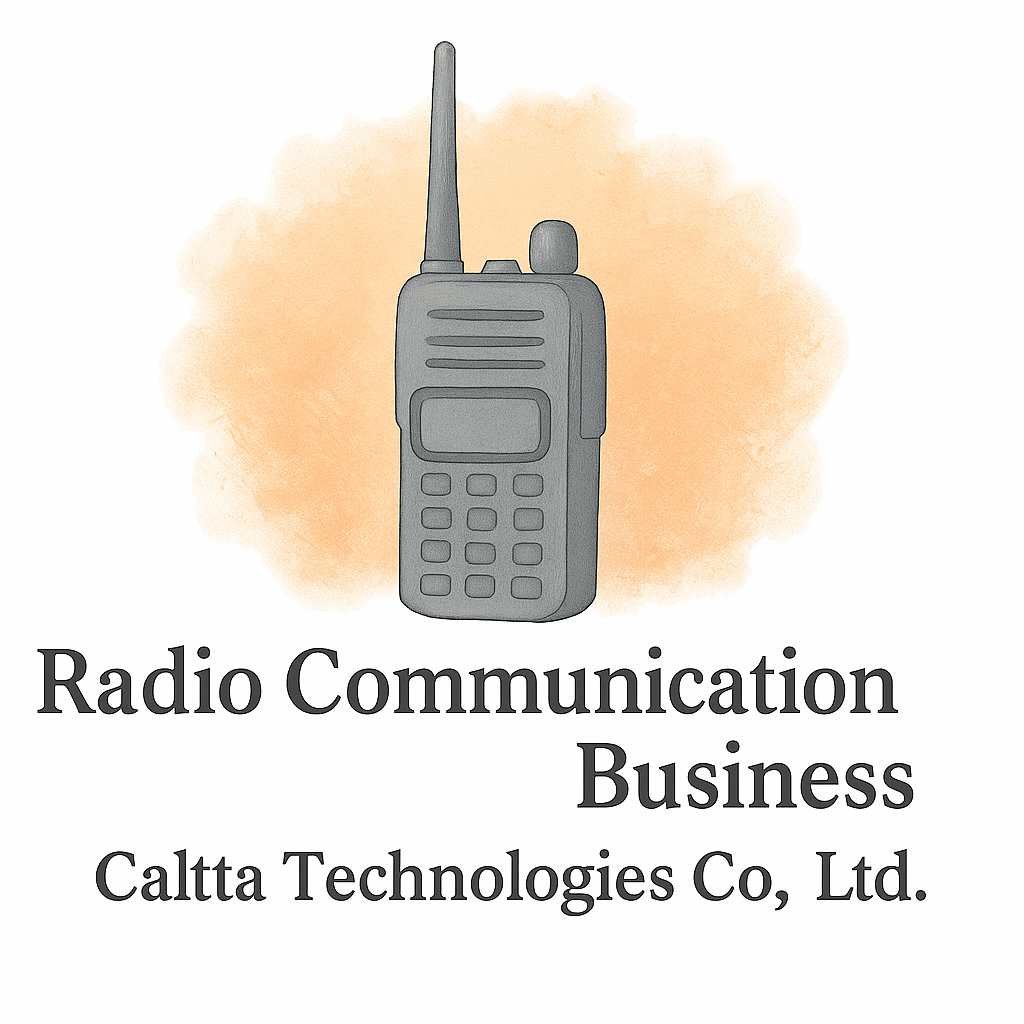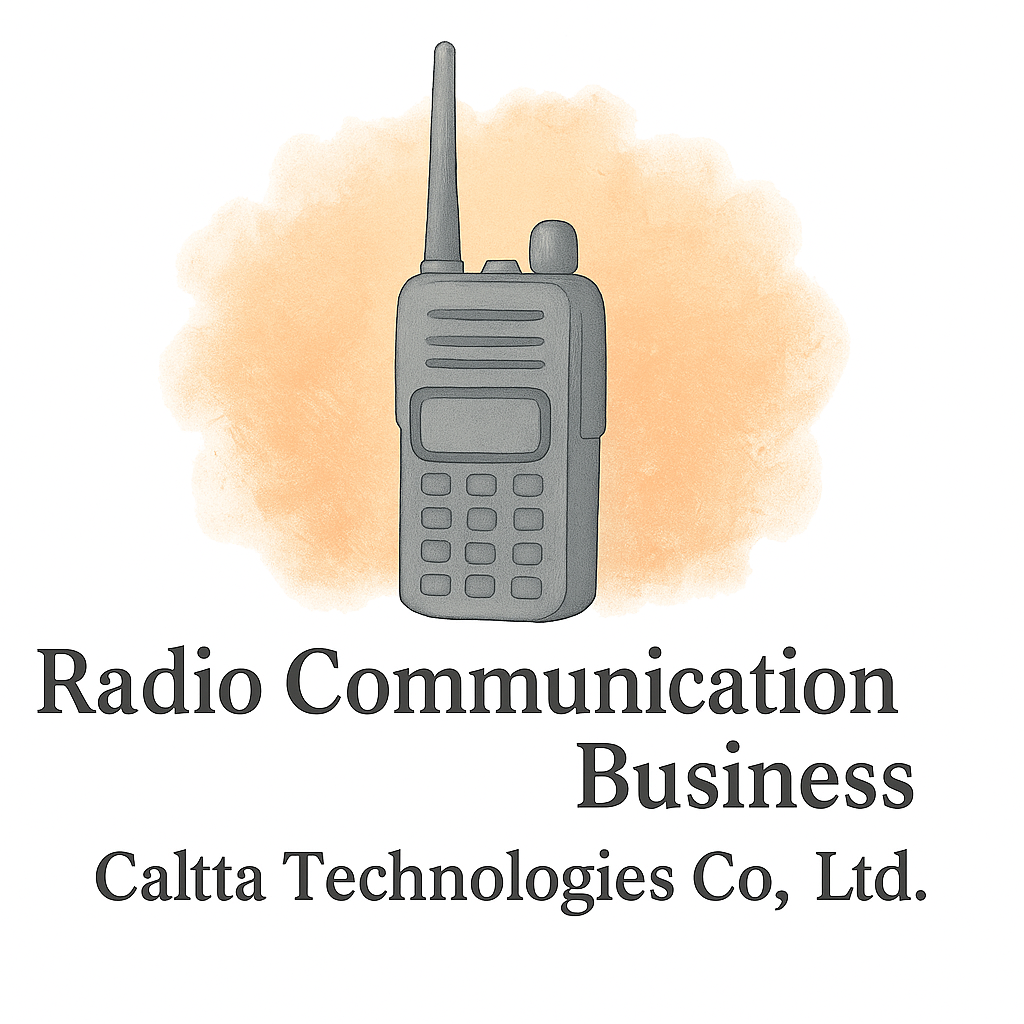Introduction
Thinking about diving into the world of radio communication? Awesome choice! Whether it’s walkie-talkies for security firms or high-frequency radios for large corporations, the radio communication business has long been a key player in keeping people connected—especially when Wi-Fi and cell signals fail.
But before you buy your first radio set or register your company, let’s talk about the five key things you need to know. This isn’t just tech talk; it’s about getting your business ready to thrive.
1. Understand the Radio Communication Industry
What is a Radio Communication Business?
At its core, a radio communication business provides two-way radio systems for personal, business, or industrial use. These systems are crucial in sectors like construction, emergency services, event management, and more. The goal? Seamless communication in real-time, without relying on cellular networks.
If you’re looking at this industry from the outside, it might just seem like people selling walkie-talkies. But on the inside, it’s a web of tech, compliance, innovation, and niche markets.
For broader insights, check out Caltta’s Industry Insights section to see how the market is evolving.
Current Trends in the Industry
From Push-to-Talk over Cellular (PoC) to mission-critical digital solutions, the landscape is constantly changing. Businesses want more secure, fast, and mobile ways to communicate.
Key Sectors that Rely on Radio Communication
- Public Safety and Emergency Services
- Logistics and Transportation
- Hospitality and Events
- Construction Sites
- Utilities and Manufacturing
Want more data-backed facts? Visit https://calttainternational.com/tag/industry
2. Regulatory Compliance is a Must
Licensing Requirements
This isn’t plug-and-play—you’ll need to register and license your equipment. Different countries and even different states have their own rules. Check with your local communications authority (e.g., the FCC in the U.S.) before you do anything.
Explore more on Regulation and Compliance.
Legal Regulations You Can’t Ignore
Not following the rules can lead to serious fines—or even jail time. Your radios might interfere with public service channels, and that’s a huge no-no.
International vs. Local Laws
Planning to go global? You need to comply with international radio frequency regulations too. This is where many startups slip up—don’t be that guy.
3. Know Your Equipment and Technology
Choosing the Right Radios for Your Business
Radios come in all shapes and functionalities: handheld, mobile, base stations, trunked systems—you name it. Choosing the right ones depends on your target customer and use case.
Browse the latest on Equipment & Technology.
Digital vs Analog Radios
Analog systems are simpler and cheaper, but digital offers clarity, range, and features. Most businesses today go digital—but analog still has its niche.
Future Tech: Trends to Watch
- Integration with AI
- Satellite and hybrid systems
- Wearable communication tech
Check out updates on Tech and Tools.

4. Financial Planning and Budgeting
Startup Costs Breakdown
Expect to spend on:
- Equipment ($5,000–$50,000+)
- Licensing fees
- Insurance
- Staff training
- Office and storage space
Get the full picture at Business Startup Basics.
Operational Expenses
Once you’re up and running, think:
- Maintenance and upgrades
- Marketing costs
- Compliance renewals
- Customer support
Dive deeper into Financial Planning to structure your spending.
Tips to Save and Avoid Unnecessary Costs
- Buy certified used equipment
- Lease instead of own at first
- Automate processes with smart tech
Also explore the Cost-Saving section for hacks to trim your budget without sacrificing quality.
5. Marketing, Branding, and Business Setup
Building a Brand That Stands Out
Your brand is more than a logo. It’s your voice, your story, and your promise. Focus on these:
- A professional website
- Consistent branding
- Trust signals (testimonials, certifications)
Visit Marketing & Branding for in-depth advice.
How to Set Up a Radio Communication Business
You’ll need:
- A legal business structure
- A name and domain
- Initial inventory
- Business bank account
- Licenses and certifications
Here’s your cheat sheet on Business Setup.
Smart Marketing Strategies for a Tech Niche
- Leverage LinkedIn and Social Media
- Run targeted ads to niche sectors
- Offer demos and on-site testing
Need help promoting your brand? Explore Promotion strategies.
Bonus Tips: What Most Entrepreneurs Overlook
Avoid Common Mistakes
- Overbuying inventory
- Ignoring market research
- Skipping training
- Poor customer support
Avoid these traps by checking out Mistakes and Avoid.
Network and Attend Industry Events
Industry networking opens doors. Attend radio tech Conferences, join local trade shows, and collaborate with Entrepreneurs in adjacent niches.
Conclusion
Starting a radio communication business isn’t just about buying radios and selling them. It’s about understanding the industry, respecting the rules, investing in the right tech, managing your finances, and building a strong brand.
If you’re serious about making waves in this space, let this guide be your launchpad. With smart planning and the right mindset, you can turn your startup into a thriving business.
For more insights and tools, don’t forget to check out Caltta International.
FAQs
1. What are the biggest startup costs in a radio communication business?
The largest expenses include purchasing radios, licensing, software, insurance, and staff training.
2. Do I need a license to start this business?
Yes, most regions require you to obtain a license to operate legally. Always check local and national regulations.
3. Is analog radio still relevant today?
Yes, especially in sectors like construction or rural operations where simplicity and durability are key.
4. What’s the best way to market a radio communication startup?
Use a mix of SEO, LinkedIn, industry-specific events, and offer value-based content. Read more on Marketing.
5. How do I stay compliant with tech regulations?
Stay up-to-date with your country’s communications authority and visit Regulation resources.
6. What are some key trends shaping the industry?
PoC radios, AI-integration, and hybrid analog-digital systems are revolutionizing the space.
7. Should I go niche or general with my services?
Start niche—target sectors like logistics or events—and expand later as you grow credibility and resources.


